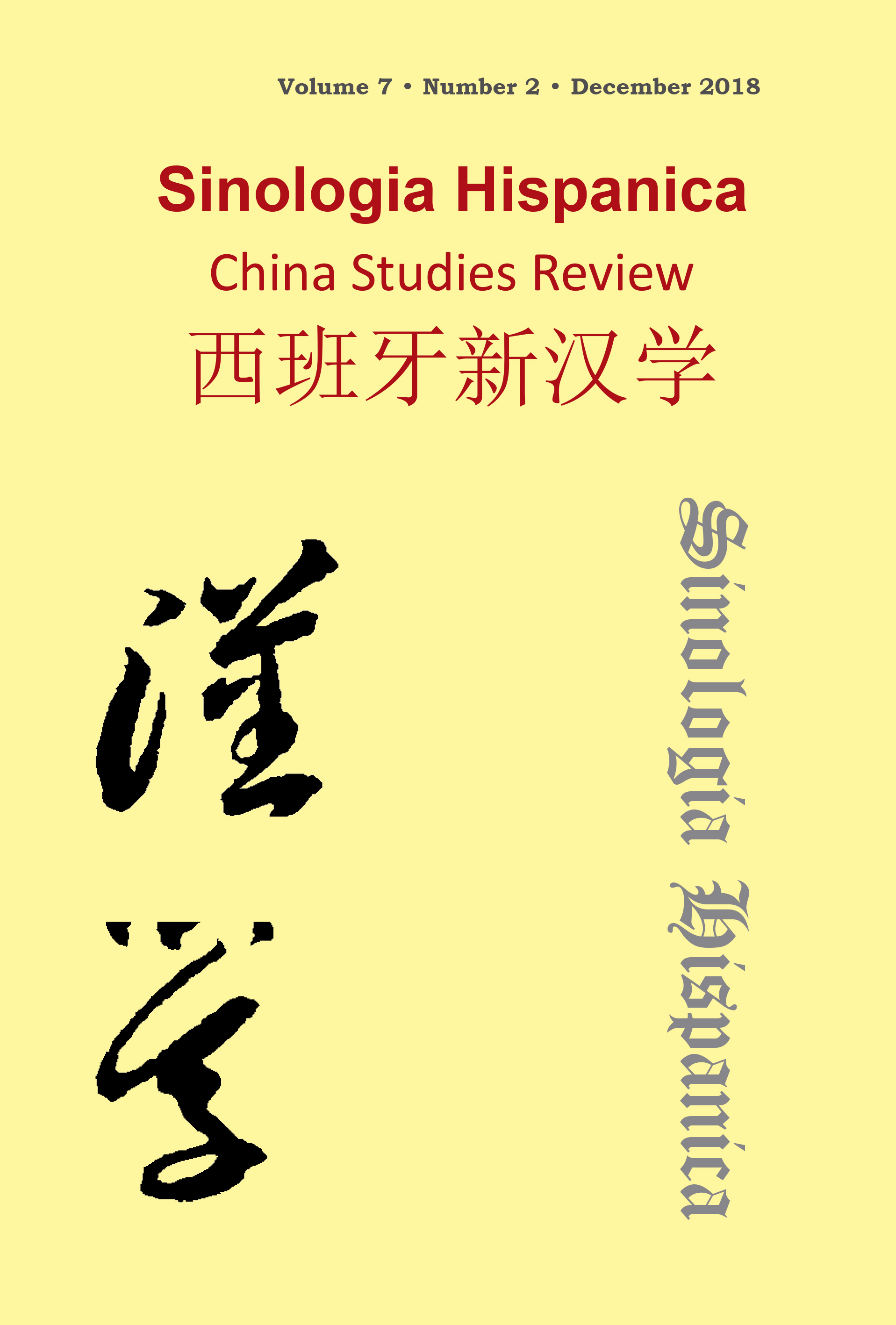Challenges in Translating Chinese Classics into English: Example of Biography of Huan Tan and Feng Yan from Book of the Later Han
DOI:
https://doi.org/10.18002/sin.v7i2.5733Palabras clave:
early Chinese Historiography, Book of the Later Han, Biography of Huan Tan and Feng Yan, Chinese classics, English Translation.Resumen
As one of the Early Four Historiographies, Fan Ye’s Book of the Later Han preserves significant works of both historical and literary value. This is something increasingly significant in response to the dynamic growth in popularity of classical Chinese texts among Western sinologists. Through reading the English translation of the “Biography of Huan Tan and Feng Yan” from the Book of the Later Han, the followingthree issues are arguably noteworthy for the translator’s consideration. Firstly, the English translation may involve an
interim step of intralingual translation from classical Chinese to modern Chinese, before a subsequent interlingual translation from modern Chinese to English. While this facilitates the process of translation,
the vernacular translation also involves further risks in misinterpretation. Secondly, translation of such historiographical work which consists of literary works by various writers with numerous historical references,
not only requires the translator to conduct additional analysis and write explanatory notes, it also makes the English output inaccessible to most readers. Thirdly,
the highly interdisciplinary knowledge in relevant historiography not only demands a high quality of competency in translators, but also arguably acts as a catalyst for further academic research in the process of close reading and research. This paper intends to analyse the above three issues through a case study on the “Biography of Huan Tan and Feng Yan”, thereby demonstrating how the translation of Chinese classics is an
arduous yet meaningful challenge.
Descargas
Métricas alternativas
Descargas
Publicado
Cómo citar
Número
Sección
Licencia
Derechos de autor 2019 Qu Jingyi

Esta obra está bajo una licencia internacional Creative Commons Atribución-NoComercial-CompartirIgual 4.0.
Sinologia Hispanica. China Studies Review considers all manuscripts on the strict condition that
- The authors grant on a nonexclusive basis the exploitation rights (reproduction, distribution, public communication and transformation) of the work accepted for publication to the University of León. The authors can establish, on their own, additional agreements for the non-exclusive distribution of the version of the work published in the journal (for example, placing it in an institutional repository or publishing it in a book), always acknowledging the initial publication in this journal.
- The manuscript is your own original work, and does not duplicate any other previously published work, including your own previously published work.
- The manuscript is not currently under consideration or peer review or accepted for publication or in press or published elsewhere.
- The manuscript contains nothing that is abusive, defamatory, libellous, obscene, fraudulent, or illegal.
- Please note that Sinologia Hispanica uses Turnitin software to screen manuscripts for unoriginal material. By submitting your manuscript to Sinologia Hispanica you are agreeing to any necessary originality checks your manuscript may have to undergo during the peer-review and production processes. Any author who fails to adhere to the above conditions will be rejected.
- Authors are allowed and encouraged to electronically disseminate the pre-print versions (version before being evaluated) and / or post-print (version evaluated and accepted for publication) of their works before publication, since it favors their circulation and earlier dissemination and with it a possible increase in its citation and scope among the academic community.
Sinologia Hispanica is under Creative Commons Attribution-NonCommercial-ShareAlike 4.0 International License. You can read more about this license in versión informativa and texto legal.










